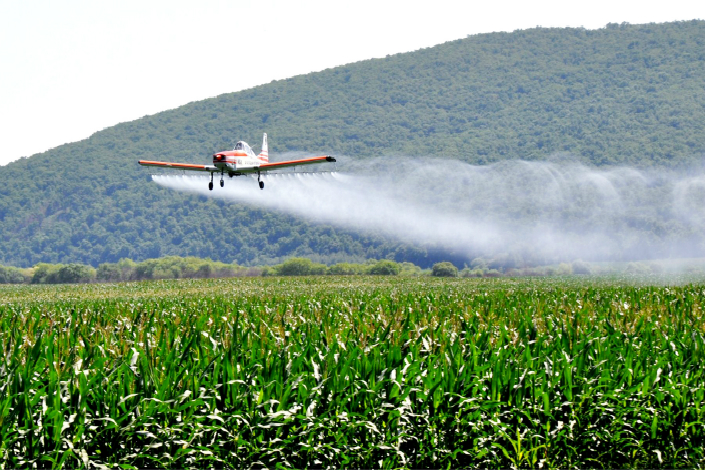General Aviation Sputters Despite Beijing’s Big Plans

China’s general aviation sector, which is separate from big commercial airlines, posted almost no growth in the first half of the year in terms of flight time, stifled by numerous obstacles despite Beijing’s big plans to advance the sector.
General aviation, which includes planes used by agriculture, industry and forestry, logged 373,000 hours of flight time in the first six months of 2017, up just 1% from the same period in 2016, according to data released by the Civil Aviation Administration of China (CAAC) on Tuesday.
While the number of hours logged was nearly flat, the number of general aviation planes in use grew at a stronger clip to 2,205 by the end of June, up 15.7% from the start of the year, according to the CAAC. The number of companies operating in the general aviation sector reached 345 by the end of June, up by 7.8% from the start of the year.
China’s airspace has traditionally been mostly controlled by the military, the legacy of a period when the nation was relatively poor and commercial aviation was nearly nonexistent. But as the economy has soared over the last two decades and living standards have risen, Beijing has moved to develop both the commercial and general aviation spaces.
Development of commercial aviation has been relatively easier, since the sector is dominated by a relatively small number of major airlines, compared with the more fragmented state of general aviation. As a result, the commercial aviation sector logged just over 6 million hours of airtime in the first seven months of this year, up 11% from a year earlier and more than 13 times as much as the general aviation sector’s 452,000 hours.
Beijing has mapped out big plans for the development of the general aviation sector, aiming to create a 100 trillion yuan ($150 billion) industry with 5,000 planes flying more than 2 million hours a year from 500 airports by 2020. But the progress has been hampered by bureaucracy and other factors due to the sector’s newness and large number of oversight bodies, said Yu Biao, deputy head of the CAAC’s transport section.
Yu pointed out that many companies have been eager to invest in the general aviation sector in response to Beijing’s desire to build up the space, but that progress so far has been less than satisfactory. He added that a lack of standards is also slowing the sector’s progress.
Contact reporter Yang Ge (geyang@caixin.com)

- 1China Officials Dismiss Tax Hike Rumors After Tech Selloff
- 2Cover Story: How Gutter Oil Became a Prized Fuel for International Airlines
- 3Prominent Chinese Journalist Liu Hu Detained by Police in Chengdu
- 4Maersk Unit Takes Over CK Hutchison Panama Ports After Court Ruling
- 5China Provinces Set Cautious 2026 Growth Targets
- 1Power To The People: Pintec Serves A Booming Consumer Class
- 2Largest hotel group in Europe accepts UnionPay
- 3UnionPay mobile QuickPass debuts in Hong Kong
- 4UnionPay International launches premium catering privilege U Dining Collection
- 5UnionPay International’s U Plan has covered over 1600 stores overseas






